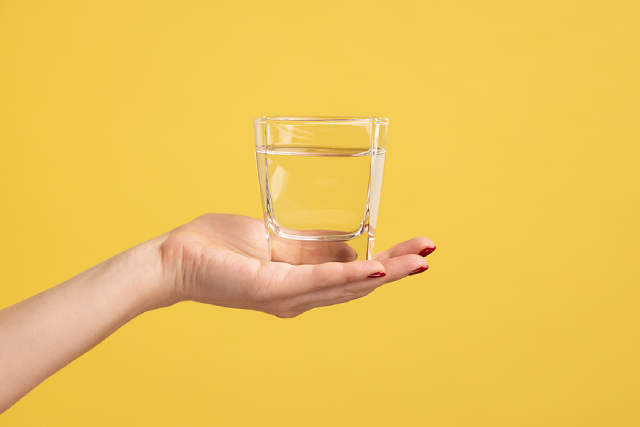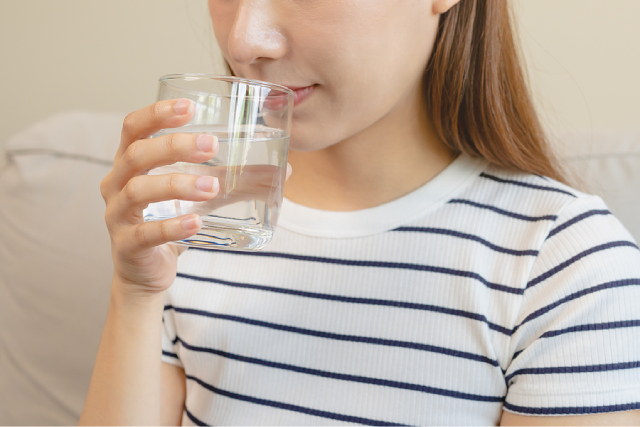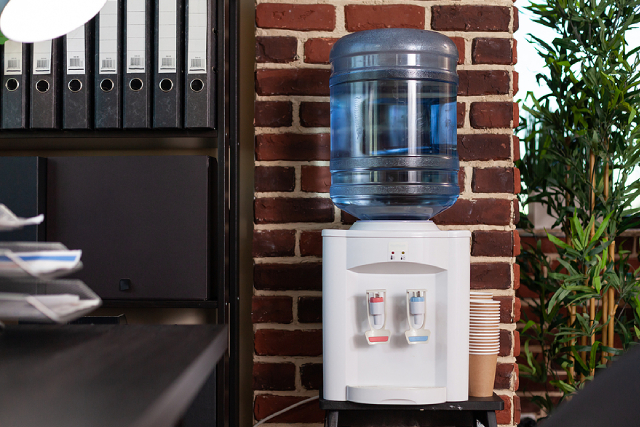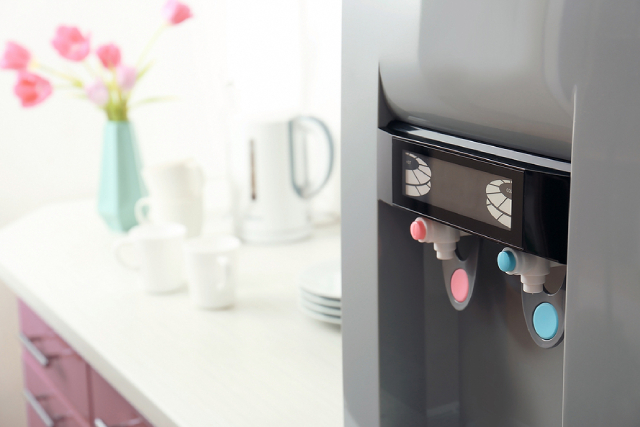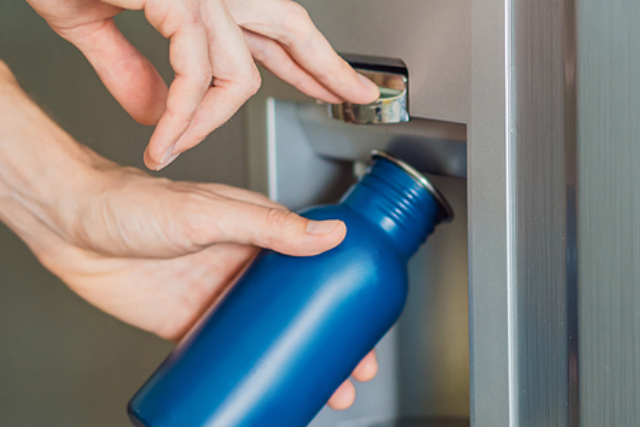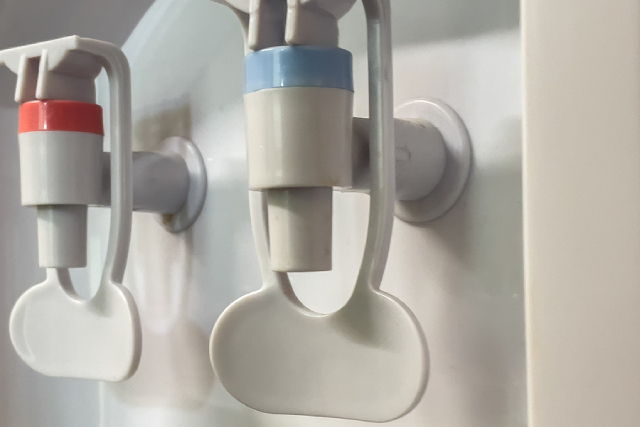
An Overview Of How UV Water Purification Cleans Drinking Water
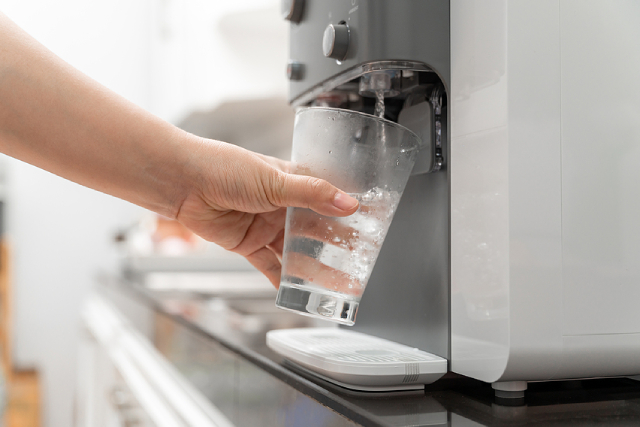
Given the importance of clean drinking water to good health, there are now many ways to filter and purify water to ensure no harmful contaminants and organisms make their way into our system and cause all sorts of serious illnesses. From activated carbon and distillation to reverse osmosis, many water purifiers/dispensers for the home now come equipped with either one or several of these purification methods to produce the best and safest drinking water every household deserves. In this article, we will cover another effective purification method which uses ultraviolet (UV) light, how it works, and its main benefits.
Understanding UV purification
UV water purification or sterilisation is one of, if not the best, ways of disinfecting organic contaminants like viruses and bacteria from drinking water. This is because UV rays are a type of electromagnetic radiation that effectively eliminates 99.99% of harmful pathogens in the water as they can penetrate their bodies and destroy their DNA or genetic core, rendering them harmless and preventing them from further reproducing. Besides its high effectiveness, water disinfection via UV light is also exceptionally simple, environmentally safe, and uses no chemicals that may alter the water’s odour or taste.
In modern water dispensers, UV purification works by using a UV lamp inside the appliance and a quartz sleeve, a kind of transparent tubing that allows the lamp’s light to shine through the flowing water and expose the microbes within it. Despite its potency at killing microbial contaminants, it is not enough to fully purify water for drinking purposes. As mentioned, UV light only affects organic bacteria and viruses while leaving other harmful toxins unchecked, such as heavy metals, suspended solids, chemicals, etc. Therefore, UV water sterilisation is generally paired with other filtration techniques to achieve the most comprehensive purification process.
Advantages of using UV to clean water
1. Chemical-free
As a chemical-free disinfection method, UV purification does not use compounds like chlorine to work and thus results in no toxic by-products, making it a great environmentally-friendly system.
2. Highly effective at eliminating pathogens
As mentioned above, UV light can eliminate virtually all kinds of microbes that may contaminate a water source. Single-celled bacteria like legionella, coliforms, and e-coli are some of the more common microbes found in drinking, along with protozoans and viruses such as norovirus, hepatitis A, and enterovirus.
3. Power efficient
Powering the UV lamp involves minimal power consumption as it uses the same amount of energy as a traditional 60-watt bulb.
4. Low maintenance
UV sterilisation is a type of ‘set and forget’ system that is low maintenance and typically only needs a bulb change once a year. It can run around the clock for on-demand safe drinking water.
5. Free of any strange tastes and odours
UV water treatment does not affect the taste or odour of water in any way, allowing for the optimal drinking water experience.
Conclusion
Safety is always the top priority when it comes to drinking water, so it is vital to get a good idea of the purification methods that guarantee your water is fully contaminant-free. UV purification is one of the best systems that ensure your family’s drinking water is safe from pathogens and any other organic toxins that may be in the water.
If you are in search of a quality UV water dispenser for your home or office, PureDew’s line-up of leading water appliances and purification systems may just be what you need. As a top water dispenser supplier in Singapore, we have a wide range of water dispensers of all types and sizes, from floor-standing dispensers to commercial drinking fountains.
Contact us at any time to learn more about our products.

